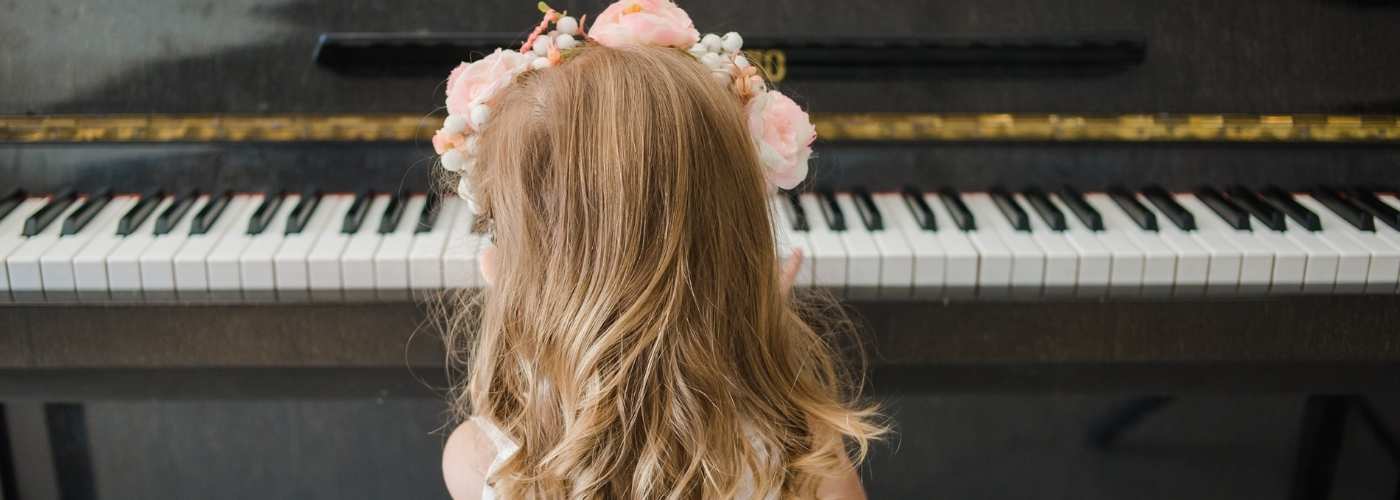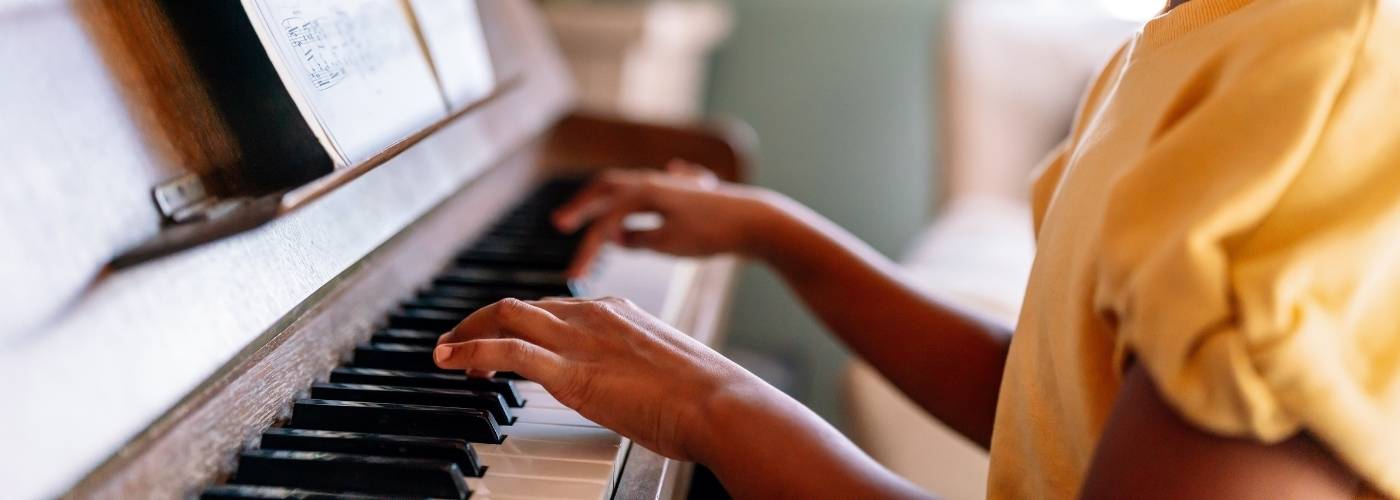If you’re looking to give your child a head start in music, or simply want to introduce them to the world of playing an instrument, then piano lessons are a great option. But where do you start? This guide will show you how to set up your kid’s piano lessons so that they can begin learning in no time.
1. Decide whether you want your child to take group or private lessons. Group lessons can be cheaper and more fun, but private lessons will give your child more one-on-one attention.
2. Choose a reputable piano teacher. Ask around for recommendations or look for reviews online.
3. Schedule your child’s first lesson.
4. Help your child learn their scales and practice at home with a piano book, music theory workbook, or online program.
When Can Kids Start Piano Lessons
There is no definitive answer to when kids can start taking piano lessons. Some parents choose to wait until their child shows an interest in the instrument, while others sign their child up for lessons as soon as they are old enough to sit still for a short period of time.
If your child is showing an interest in the piano, it may be a good idea to start kids piano lessons sooner rather than later. This way, your child can learn proper technique from the beginning and won’t develop bad habits that will be difficult to break later on.
On the other hand, if your child isn’t particularly interested in the piano, you may want to wait a bit before starting lessons. You don’t want your child to become discouraged or frustrated if they’re not enjoying the lessons.
Do I Have To Buy Piano To Kids Lesson
When it comes to piano lessons for kids, the short answer is no – you don’t have to buy a piano. In fact, many parents choose to wait until their child is showing a real interest in playing the piano before making this purchase.
There are a number of reasons why you might not want to buy a piano right away. For one thing, pianos are expensive. A good quality piano can cost several thousand dollars. If your child is taking lessons but isn’t really enjoying it, you may not want to make such a large investment.
Another reason to wait on buying a piano is that your child’s hands may not be big enough yet to play on a full-size instrument. Many parents opt for a small keyboard or digital piano instead, which can be much more affordable and still provide a great learning experience for young students.
How To Make Piano Lessons Fun For Kids
Piano lessons can be a fun and rewarding experience for kids of all ages. Here are a few tips on how to make piano lessons fun for kids:
1. Start by teaching them basic concepts such as proper hand position and posture. Once they have a good understanding of the basics, they can start learning simple songs.
2. Use colorful materials to help them understand concepts better. For example, use different colored stickers to indicate which keys they should be pressing.
3. Encourage them to practice regularly so that they can see their progress over time. If they get discouraged, help them set small goals so that they feel motivated to keep practicing.
4. Make sure to praise their accomplishments, no matter how small, so that they feel encouraged to continue learning.
How Long Should Piano Lessons Be?
There is no one answer to the question of how long piano lessons should be. The length of lessons will depend on the individual student’s goals, abilities, and learning style. However, most experts agree that 30 minutes to 1 hour is an ideal lesson length for beginner to intermediate students. This allows enough time for the teacher to cover new material and review concepts, while also giving the student time to practice and master new skills.
For advanced students or those who are preparing for competitions or auditions, longer lessons may be necessary in order to make significant progress. Ultimately, it is up to the student and their parents or guardians to decide what lesson length is best for them.



Continue Reading
Creative Ways to Encourage Practice at Home for Young Musicians
Have you ever watched a child lose interest in their instrument after just a few
Jul
Top Breath Control Exercises For Singers
Have you ever noticed how some singers seem to effortlessly hold long notes while others
Jun
How Does The Suzuki Piano Method Work?
Have you ever wondered why some children seem to pick up music so effortlessly? The
May